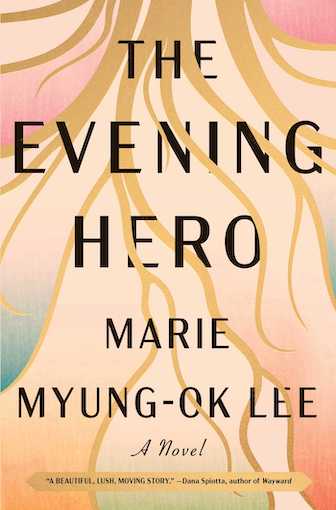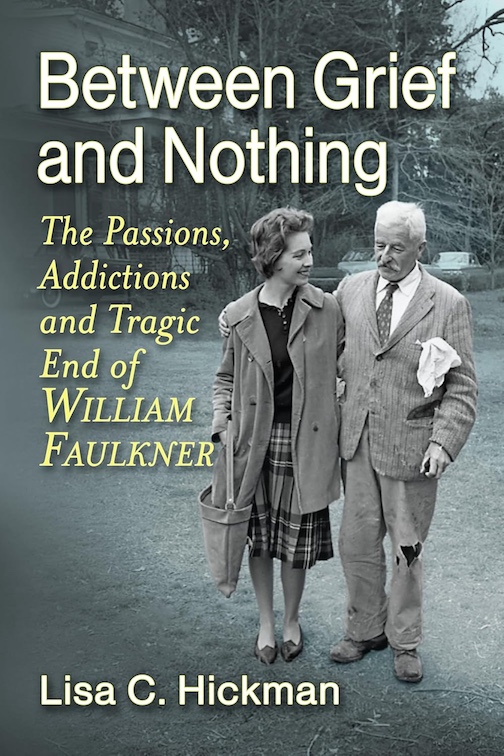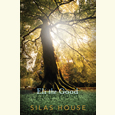A Different Appalachian Upbringing
Neema Avashia explores community and identity in the South and beyond
One of the early memories Neema Avashia recounts in Another Appalachia: Coming Up Queer and Indian in a Mountain Place happens just outside the South Charleston Junior Women’s Club, sometime in the mid-1980s. Neema, about five years old, is running around with her friends, popping salted peanuts into cups of Coke to watch the brown foam bubble up over their small hands. It might seem like any other West Virginia childhood memory, with one exception: Neema and her friends will soon be called by their parents to join the aarti — the final stage of the Hindu worship service in which light is offered to the deities — taking place inside.
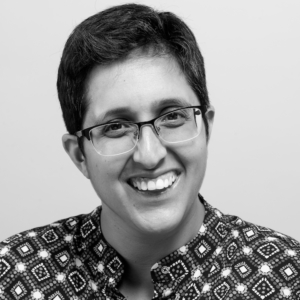 “First left, then right, then counterclockwise. As each of us finishes, we pass one hand over the flame, then over our heads, a motion ingrained in muscle memory,” writes Avashia, describing the monthly service in which participants take a thali—a plate filled with cotton balls dipped in ghee and lit —in their hands while elders sing the familiar words, “Om Jai Jagdish Hare.”
“First left, then right, then counterclockwise. As each of us finishes, we pass one hand over the flame, then over our heads, a motion ingrained in muscle memory,” writes Avashia, describing the monthly service in which participants take a thali—a plate filled with cotton balls dipped in ghee and lit —in their hands while elders sing the familiar words, “Om Jai Jagdish Hare.”
The scene is emblematic in this memoir about a most un-stereotypical Appalachian upbringing. By 1990, she writes, Asians made up less than one half of one percent of West Virginia residents, with fewer than 2,000 of them Hindus from India — fewer people than the single Christian megachurch in her hometown. In the place where she was born, she is never fully an insider.
Comprised of 17 thematically tied essays, Another Appalachia interrogates what it means to belong. The daughter of parents who immigrated to West Virginia from India for her physician father’s job in a chemical plant, Avashia grew up on a suburban street called Pamela Circle, where her father’s generosity (free medical help to neighbors) helped them gain acceptance. “Our basement record player spun Kenny Rogers and Dolly Parton on repeat, and those songs, those voices, combined with seventies Hindi film music and Gujarati folk garbas, are the soundtrack of my childhood,” she writes.
Unsurprisingly, her childhood was full of paradoxes. One chapter recounts her relationship with Mr. B, a white family friend who seemed like a beloved grandfather. Later, she felt hurt to discover he was posting anti-immigration memes on social media — as if he didn’t make the connection between Avashia’s family and political rhetoric. In another, she describes watching her mother and other women gather in a basement to celebrate Navrati — a nine-night celebration honoring Durga, who is “queen among Hindu goddesses, warrior for good, vanquisher of evil.” It gives her a sense of connection to her own religion in a place where she is constantly asked if she has been saved, but more importantly, she feels a bond with each of these women. It’s one she can’t replicate later as an adult in Boston, where the community is more diverse but “ritual feels meaningless in the absence of relationships.”
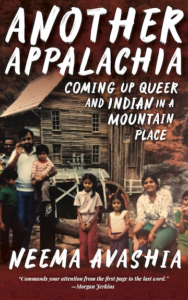 Coming out as a gay woman presented a different challenge. Avashia wasn’t sure whether her West Virginia Indian community would accept her relationship with Laura, a fellow Boston educator who grew up in Brooklyn, the child of a Catholic father and Jewish mother. “Even as I was going to introduce Laura to my extended family, I was still calculating risk,” she writes. Happily, her Indian aunties and uncles “consistently proved me wrong and showed me how I’d underestimated them.” Meanwhile, drawn to help Mr. B when his wife is diagnosed with cancer, she still can’t bring herself to tell him she is gay — protecting them both in a way she later questions.
Coming out as a gay woman presented a different challenge. Avashia wasn’t sure whether her West Virginia Indian community would accept her relationship with Laura, a fellow Boston educator who grew up in Brooklyn, the child of a Catholic father and Jewish mother. “Even as I was going to introduce Laura to my extended family, I was still calculating risk,” she writes. Happily, her Indian aunties and uncles “consistently proved me wrong and showed me how I’d underestimated them.” Meanwhile, drawn to help Mr. B when his wife is diagnosed with cancer, she still can’t bring herself to tell him she is gay — protecting them both in a way she later questions.
Another Appalachia asks us to consider the meaning of community and identity in the South and elsewhere. Avashia clearly loves the values she learned growing up in Appalachia, as she shows in a chapter recounting her dilemma with an alcoholic neighbor in Boston. Urged to simply call the authorities for someone who so clearly needed help, she remembers her neighbors on Pamela Circle and thinks their way would be better. But she also acknowledges that acceptance in Appalachia was always at best provisional, a point brought home on September 11, 2001, when the “insider” status her parents had worked hard to achieve vanished. Her father’s response was to buy a massive American flag decal that said “Proud to be an American” and smaller flags for the car and porch. Avashia feared for her parents, but her own experience made her question whether such displays of patriotism would make a difference. She still remembered another child slapping her on the playground in kindergarten and calling her an ugly racial slur, “illustrating that in West Virginia there were only two categories that seemed to matter when it came to race: White, and not White.” How could putting up a flag change that?
Avashia’s parents eventually left West Virginia for opportunities in another state, yet to her it is still home. “I, too, am a daughter of the mountains,” she writes. “Born and raised in West Virginia, I straddle the culture of my parents and the culture of my Appalachian birthplace.”
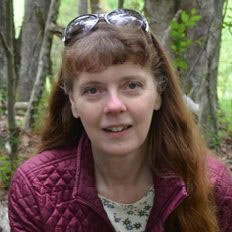
Jane Marcellus is a writer whose published work includes literary nonfiction, critical analysis, and journalism. Her work was listed as “Notable” in Best American Essays 2018, 2019, and 2020.
